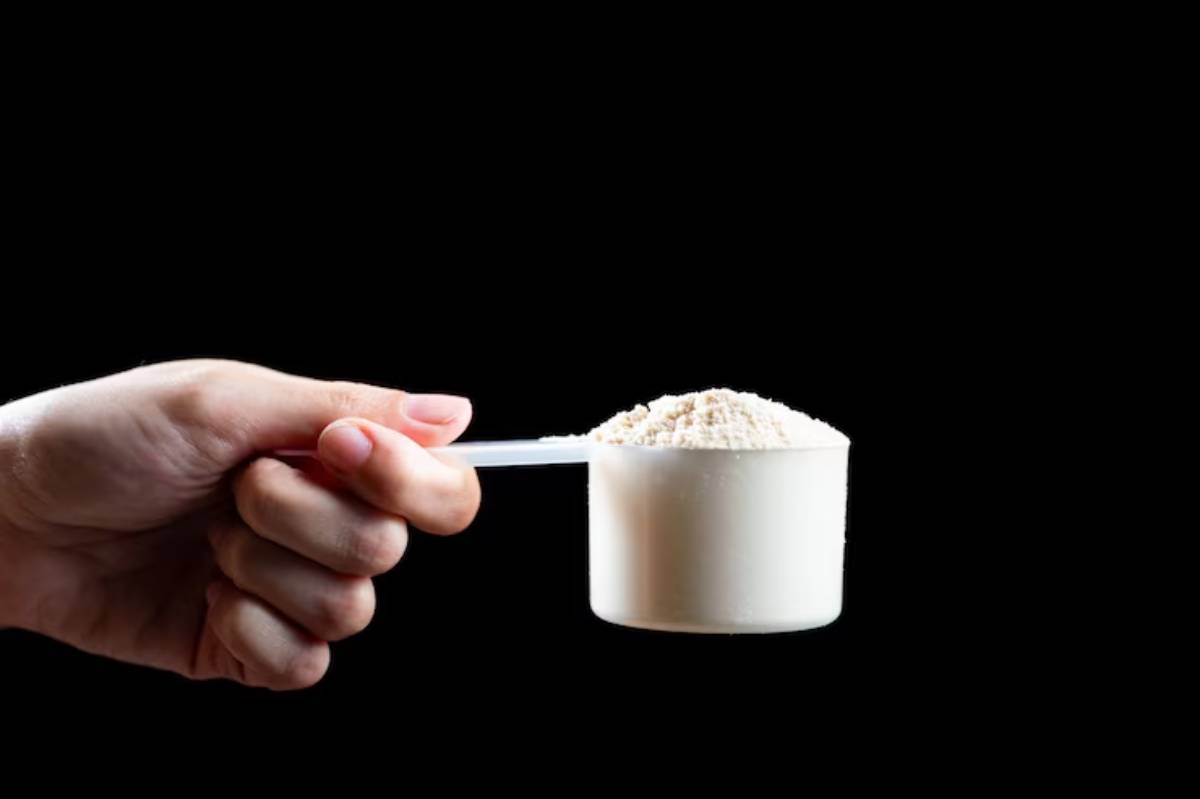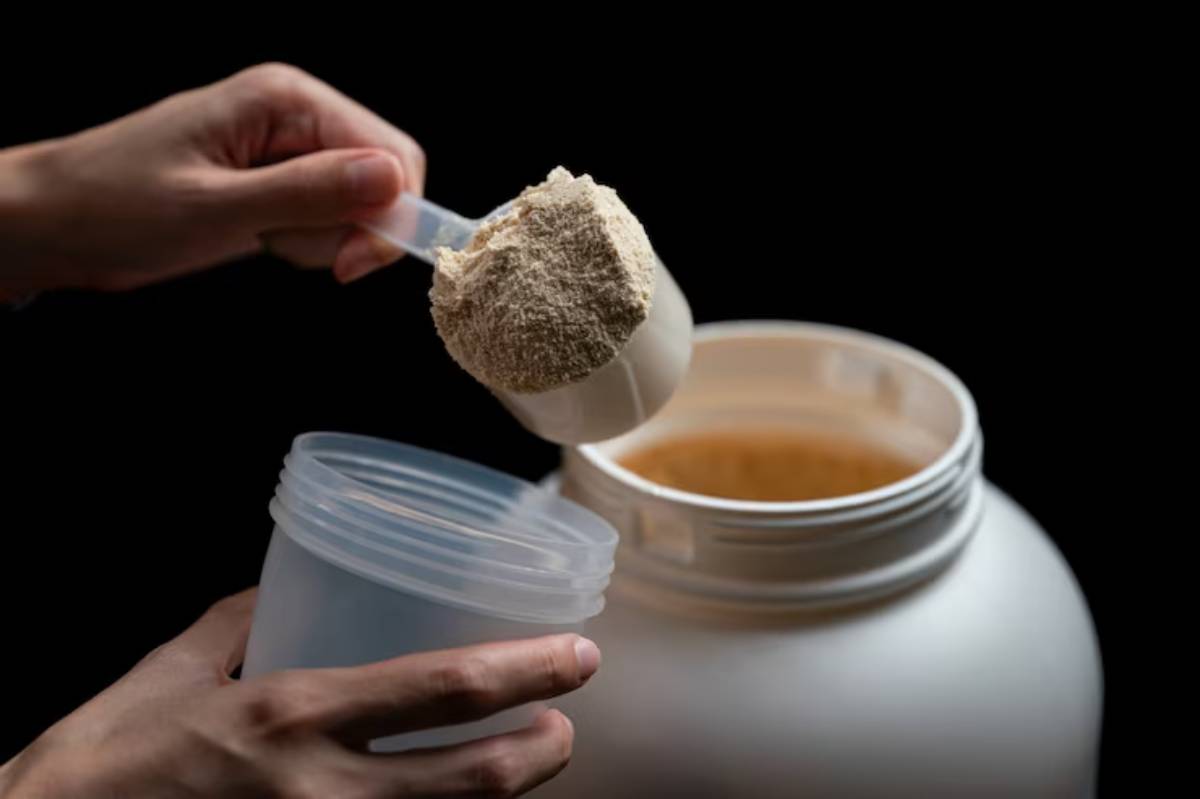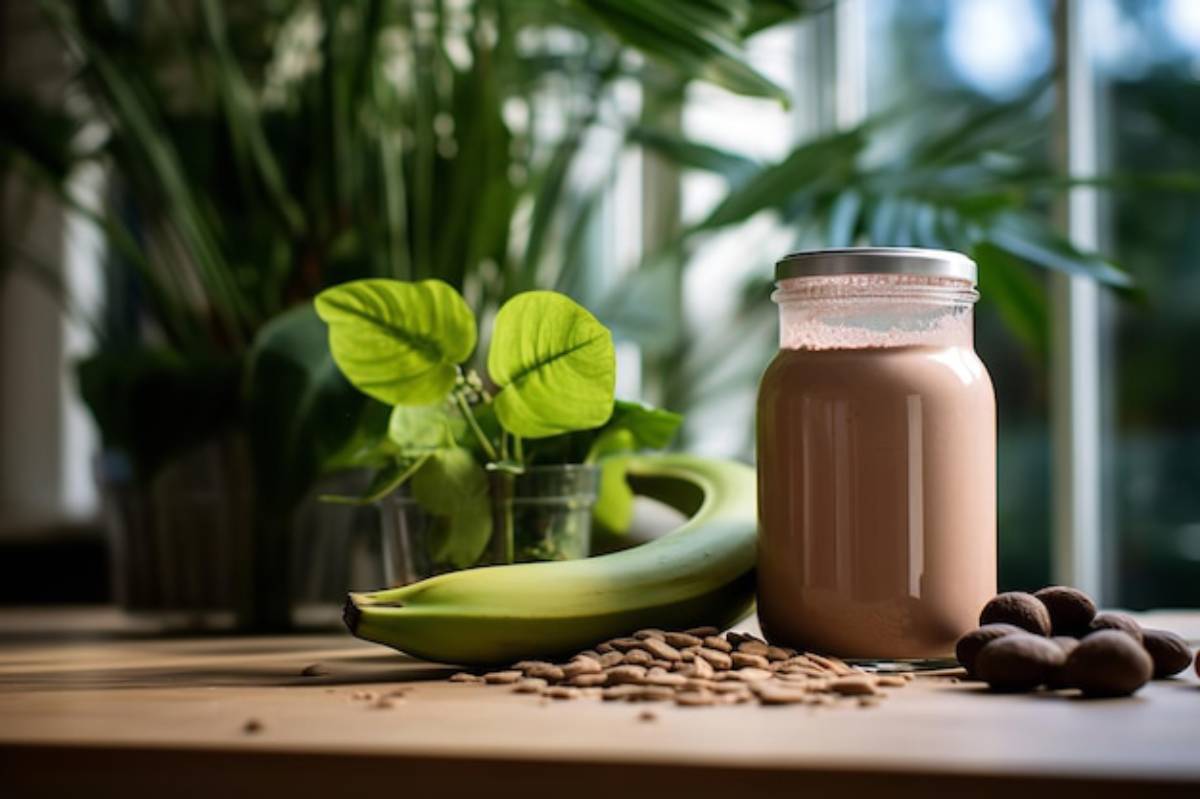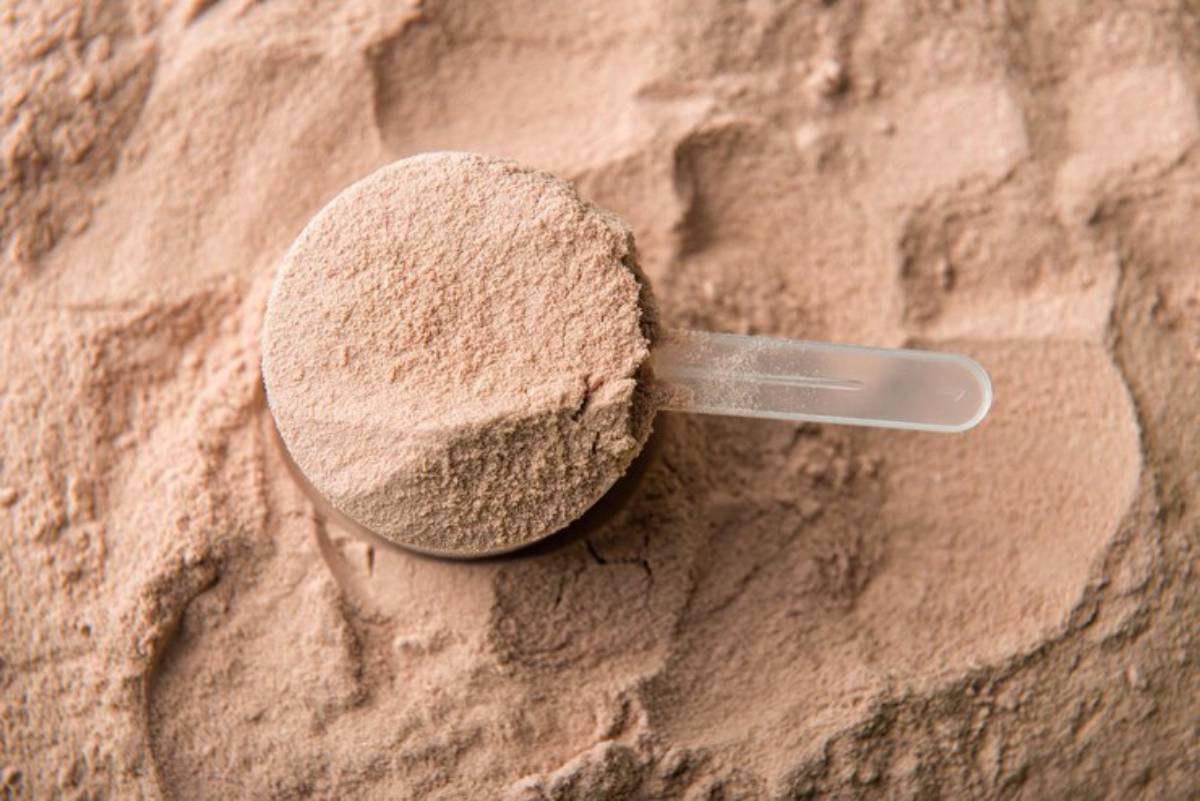
Are BCAAs Worth It for Muscle Growth?
You’ve seen the colourful tubs, flashy ads, and shaker bottles with acronyms stamped across them BCAAs. These branched-chain amino acids have become a supplement shelf staple, especially among gym-goers chasing lean muscle, recovery, or that elusive edge in performance.
But the big question still looms Are BCAAs worth it for muscle gain? Or are you better off saving your cash for protein powder and whole foods?
In this article, we’ll take a deep dive into what BCAAs are, how they work, and whether they actually live up to their claims. We’ll unpack the supplement effectiveness backed by science, explore real-world scenarios, and help you decide if BCAAs are the missing piece in your muscle-building puzzle—or just clever marketing.
What Are BCAAs? A Quick Breakdown
The Big Three
BCAAs consist of three essential amino acids.
- Leucine the star player for muscle protein synthesis (MPS)
- Isoleucine supports energy and glucose metabolism
- Valine helps reduce fatigue and aids recovery
These are essential because your body can’t make them—you must get them from your diet or supplements.
Why Are They “Branched-Chain”?
Their unique chemical structure includes a branch off the main carbon chain, giving them distinct metabolic roles compared to other amino acids. They’re metabolised directly in skeletal muscle rather than the liver, making them readily available for workout recovery and energy.
The Muscle Building Mechanism: How BCAAs Work
Leucine and Muscle Protein Synthesis
Of the three, leucine is the MVP. It’s been shown to stimulate MPS by activating the mTOR pathway, essentially flipping the muscle-building switch.
Reducing Muscle Breakdown
BCAAs may also reduce muscle protein breakdown (MPB) during exercise, especially endurance or fasted training sessions.
Supporting Energy
During intense training, BCAAs can serve as an energy source when glycogen stores are low.
Key takeaway: BCAAs help preserve muscle mass and may boost recovery—especially in high-stress or low-fuel workouts.
Are BCAAs Necessary If You Already Use Protein Powder?
Complete Proteins Already Contain BCAAs
Whey, casein, and most animal-based proteins already contain all essential amino acids, including BCAAs. A typical scoop of whey protein provides more BCAAs than most standalone BCAA supplements.
Example:

- 1 scoop whey = 5–6g BCAAs
- 1 serving BCAA supplement = 3–7g BCAAs
When BCAAs Might Still Help:
- Low-protein diets (e.g., some vegans or intermittent fasters)
- Fast training (e.g., early morning workouts with no breakfast)
- Cutting phases (to minimise muscle loss in a calorie deficit)
Verdict: If your protein intake is already sufficient and complete, standalone BCAAs might be redundant.
What the Research Really Says
Studies Supporting BCAA Use
- A 2006 study in the Journal of Nutrition found that BCAA supplementation led to greater MPS when paired with resistance exercise.
- Research in Frontiers in Physiology showed BCAAs helped reduce muscle soreness (DOMS) in trained athletes.
Studies Showing Limited Impact
- A 2017 meta-analysis concluded that BCAAs alone are insufficient for significant muscle growth without the presence of all essential amino acids.
- The International Society of Sports Nutrition noted BCAAs aren’t as effective as complete protein sources for long-term hypertrophy.
What It Boils Down To:
- BCAAs can support muscle maintenance and recovery
- But they’re not a substitute for high-quality protein or a balanced diet
Key takeaway: They’re helpful in specific scenarios—not a miracle supplement.
Who Might Benefit Most from BCAAs?
- Fasted Lifters
If you train on an empty stomach, BCAAs can provide quick amino support to help reduce catabolism. - Vegans or Low-Protein Eaters
If your diet lacks leucine-rich foods, supplementing BCAAs may help fill the gap. - Endurance Athletes
Runners, cyclists, and other endurance-focused athletes might benefit from BCAAs to reduce fatigue and muscle breakdown during long sessions. - Lifters in a Caloric Deficit
During cuts or contest preps, BCAAs can help protect lean mass while dieting.
Note: If you’re eating enough complete protein, the difference may be marginal.
When and How to Take BCAAs
Best Times to Use:
- Before workouts (especially in fasted states)
- During training (intra-workout fuel for long sessions)
- After workouts (if not taking protein right away)
Dosage:
- 5–10g per session
- Look for a 2:1:1 ratio of leucine isoleucine valine
Combine BCAAs with carbohydrates during long sessions to help maintain energy and reduce muscle breakdown.
Want to learn how to time other supplements? Don’t miss the Best Time to Take Creatine for Maximum Results.
Real-World Examples and Anecdotes
Alex (29, Bodybuilder)
“During contest prep, BCAAs helped me stay lean without losing strength. I sipped them during training and felt less sore.”
Priya (36, CrossFitter)

“I’m vegan, and even with plant protein, I take BCAAs to make sure I get enough leucine. It helps, especially on low-calorie days.”
Jamal (22, Student Lifter)
“Honestly, once I started hitting my protein goal with food and whey, I didn’t notice a difference with BCAAs.”
Common Myths About BCAAs
- Myth: “More is better.”
You only need 5–10g, not 20g per session. - Myth: “BCAAs build muscle like protein shakes.”
They support muscle maintenance, but lack other essential aminos needed for growth. - Myth: “All BCAAs are the same.”
Look for reputable brands with tested leucine content and clean ingredient profiles. - Myth: “If you’re sore, you didn’t take enough.”
DOMS varies and isn’t always a sign of poor recovery.
Pros and Cons of BCAA Supplements
Pros:
- May reduce muscle soreness (DOMS)
- Helps preserve lean mass when cutting or training fasted
- Easy to digest
- Convenient intra-workout hydration (especially flavoured powder)
Cons:
- Not as effective as complete proteins
- Redundant if you already meet your protein needs
- Can be pricey over time
Quick Recap Table
| Pros | Cons |
| Reduce soreness | Less effective than protein |
| May help during fasted or low-protein phases | Can be expensive |
| Convenient | Not essential for everyone |
Conclusion: Are BCAAs Worth It?
Here’s the muscle-building truth BCAAs can help—but only in the right context.
If you’re training fasted, cutting calories, or eating a low-protein diet, BCAAs may preserve lean mass and reduce fatigue. But if you’re already hitting your protein goals with complete sources like whey, eggs, meat, or quality vegan blends, the added benefit is likely minimal.
So, are BCAAs worth it for muscle gain?
Yes, if you’re in a catabolic state or lacking complete proteins
No, if you’re already fuelling yourself effectively
Use them wisely, not blindly. Supplements are tools—not magic. And when in doubt, food and whole protein sources always come first.
Your Turn: BCAAs in Your Routine?
Have you used BCAAs in your fitness journey? Noticed a difference—or found them unnecessary? Share your experience in the comments.
For more smart stacking advice, check out our guide on The Ultimate Muscle Building Supplement Stack.
Subscribe to our newsletter for deep dives on what works (and what doesn’t) in the world of sports nutrition.


